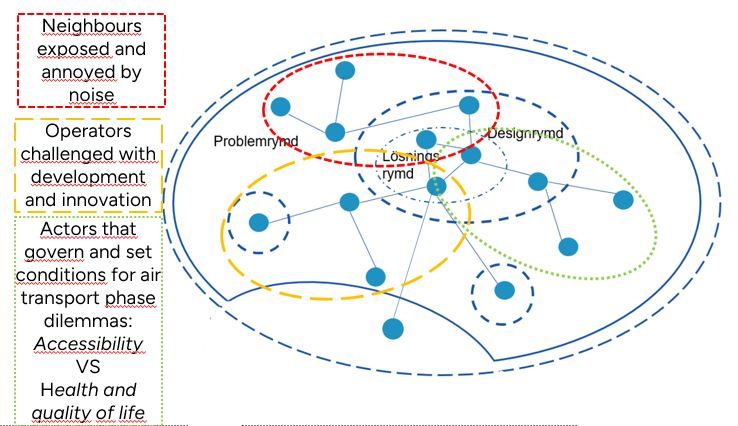The course intends to give the students professional skills that are needed to identify and solve complex problems by means of systems theory, optimisation, systems engineering and industrial management. The course is carried out as seminars and in project form. Before seminars, a preparatory written assignment is carried out. The project is carried out in cooperation between KTH Royal Institute of Technology and a sponsor that can be a company, an organisation or an ongoing research project. The project further develops problems that initially have been solved with mathematical methods (mainly in the first part with Mathematics of the course). Submission of sub-tasks are done for a general systems engineering problem and based on basic knowledge, models and practical methods in systems engineering, optimisation and industrial management. The project is carried out in two parts, first a more general perspective and then a specialisation and specific part.
Business and management issues are thus about placing the mathematical problem and its solution in a wider context with new system delimitations that include organisation/industrial operation issues. Furthermore, the group should aim to function as a team and complete and deliver the project on time and according to specification from the company. The interaction with the project provider is important. Besides the final presentation that is to be delivered both in writing and orally, problem formulation seminars and other intermediate seminars are compulsory, The project group should give and reply to constructive criticism as review and oral feedback is part of the project.
The projects are normally carried out in groups of two or three students with a supervisor from the Department of Industrial Economics and Management with support from the Department of Mathematics.
